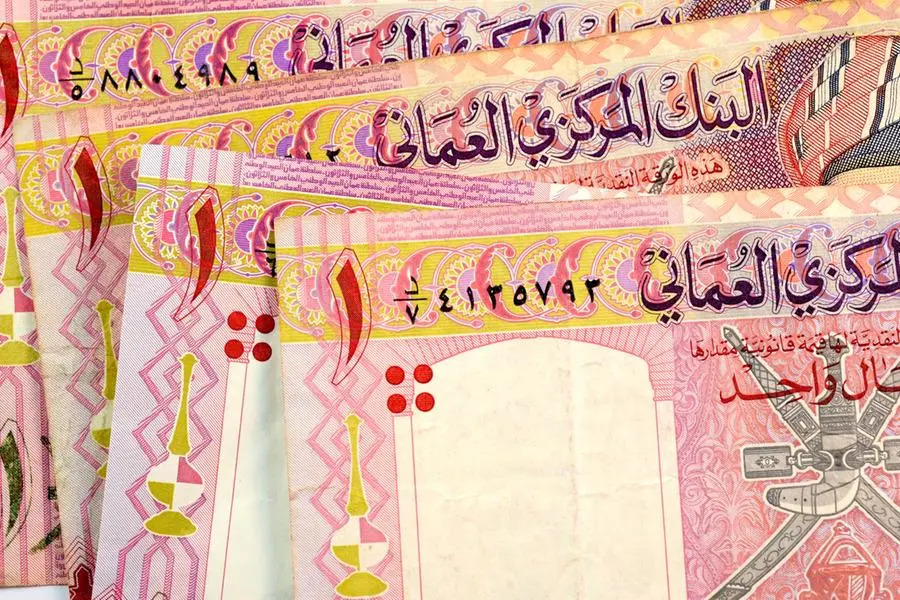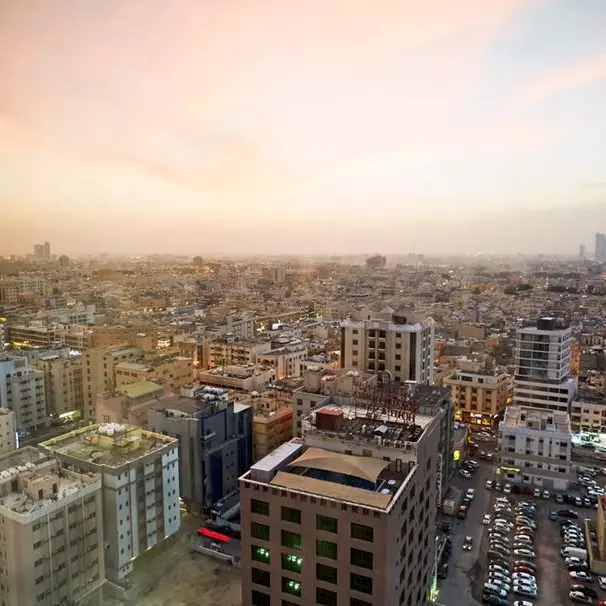PHOTO
The Ministry of Labour has clarified how gratuity (end of service) of both Omani workforce and expatriates will be calculated as per Article 61 of the Labour Law until the implementation of the savings system.
Omani workforce
For the employment contract termination of workers who are not beneficiaries of the Social Protection Law, the employer shall pay the worker a post-service gratuity for the period of his service, not less than the basic wage for each year of his service.
The worker shall be entitled to the gratuity for fractions of the year proportionate to the period of his service and the last basic wage of the worker shall be considered the basis for the calculation of the gratuity.
The period of service that began before the enactment of this law shall be included within the period of service considered in determining the period for which gratuity is payable.
The provisions of this article shall apply until the savings system stipulated in the Social Protection Law comes into force.
The employer may settle the rights of the worker for the period of his service before the start of the savings system to the savings system or the worker, and in this case, the settlement must be calculated at the basic wage on the settlement date.
The entitlement to end-of-service gratuity depends on applicable legal conditions.
Where the entitlement arose and was established under the previous law, and the worker's service continued under the new law, the gratuity shall be calculated at a rate of 15 days' wages for each year of service for the first three years, and one month's wages for each subsequent year. The calculation shall reflect the provisions of the previous law for years covered under its effect and the provisions of the new law for subsequent years.
If the entitlement arises solely under the new law, the new law's provisions shall apply immediately, with the gratuity amounting to no less than the equivalent of one basic salary for each year of service, based on the employee's most recent basic salary.
Gratuity calculation
A worker continued to work for the employer until the effective date of the new Labour Law on July 31, 2023.
For example: An expatriate employment Start Date: August 1. 2021 Basic Salary: RO500.
If the employment relationship between the worker and the employer ends after the new law comes into effect, how is the end-of-service gratuity calculated?
For the period from the start of employment on August 1 2021 to the effective date of the new law on July 31, 2023, the gratuity shall be calculated at half of a basic salary per year of service (RO250 for each year), as this period falls under the provisions of the previous law.
For the period following the enactment of the new law, le gratuity shall be calculated at one full basic salary per year of service (RO500 for each year), under the new law's requirement that the end-of-service gratuity shall not be less than one basic salary for each completed year of service.
What is the new savings system?
Article 135 of the Social Protection Law issued by Royal Decree 53/2023 states that the provisions governing the savings system will be clarified in the executive regulation.
When does the savings system come into effect?
As per the Royal Decree 52/2023 Promulgating the Social Protection Law, a decision must be issued by the Board of Directors of the Social Protection Fund to fix the date on which the savings system comes into force. This date will not exceed July 2026.
How does the savings system apply to expatriate employees?
According to Article 136 of the Social Protection Law, the savings system applies compulsorily to expatriate employees.
Article 97 of the executive regulation clarifies the different ways in which expatriate employees will be registered in the savings system, which must not exceed 30 days from their employment.
The executive regulation also allows the fund to register expatriate employees with retroactive effect, but not before the date of entry into force of the savings system, if it finds that they are not registered in the savings system.
Savings System for Expatriate Employees
The earlier law stated that the expatriate employee was entitled to an end-of-service gratuity for his period of service amounting to the wage of 15 days for each year of service for the first three years plus the wage of one month for each of the following years.
Article 137 states that the savings system will replace this end-of-service gratuity when it comes into effect.
Until that time, the employer must pay the end-of-service gratuity following Article 61 of the Labour Law of 2023.
Article 139 (1) of the Social Protection Law shows that the main way in which the savings system will be financed is through 9% of the monthly basic wage of expatriate employees paid by employers. The executive regulation clarifies that every expatriate employee subject to the savings system must have a personal account in the system and that the savings amount paid in his favor must be in RO and not less than RO100 at each time.
Article 101 of the executive regulation provides that the savings amount must be paid by employers within 15 days of the next month. Failure to comply with this will lead to an additional charge of 8 percent annually of the total savings amount due to the fund on employers.
Article 141 of the Social Protection Law sets out that a saver in the savings system is entitled to the savings amount and the returns on its investment (ROI), and that the regulation will specify a minimum ROI.
Article 104 of the executive regulation specifies that the minimum ROI for savings is 2% per year. Article 106 outlines that the Social Protection Fund shall announce the ROI for each year not later than the first quarter of the following year.
How is the Savings paid out
The savings are paid out in the cases provided for in Article 143 of the Social Protection Law. This includes the end of the employment relationship of the expatriate employee unless he enters into another employment contract within the period specified by the regulation.
Article 109 of the executive regulation clarified that this period is 3 months and that the saver is entitled to his savings if he leaves Oman or if this 3-month period passes and he does not have a job.
Other cases for the disbursement of the savings include the death of the saver, in which case the savings are paid to the legal heirs and permanent disability.
Article 142 of the law stipulates that the savings can be paid in two ways based on the request of the saver: A one-time payment or an annual or monthly installment.
What Happens if someone exits the savings system?
Article 144 of the Social Protection Law provides that the saver must notify the Social Protection Fund if he exits the savings system, in the manner specified by the regulation, and that the regulation will specify the fines if the saver does not do so.
The regulation specifies that the saver must notify it within 1 month from the date he leaves the savings system, but does not provide for a fine. Instead, the minimum ROI applies to the savings when the savings system no longer applies to him for 1 year and without any ROI after this year.
2022 © All right reserved for Oman Establishment for Press, Publication and Advertising (OEPPA) Provided by SyndiGate Media Inc. (Syndigate.info).





















